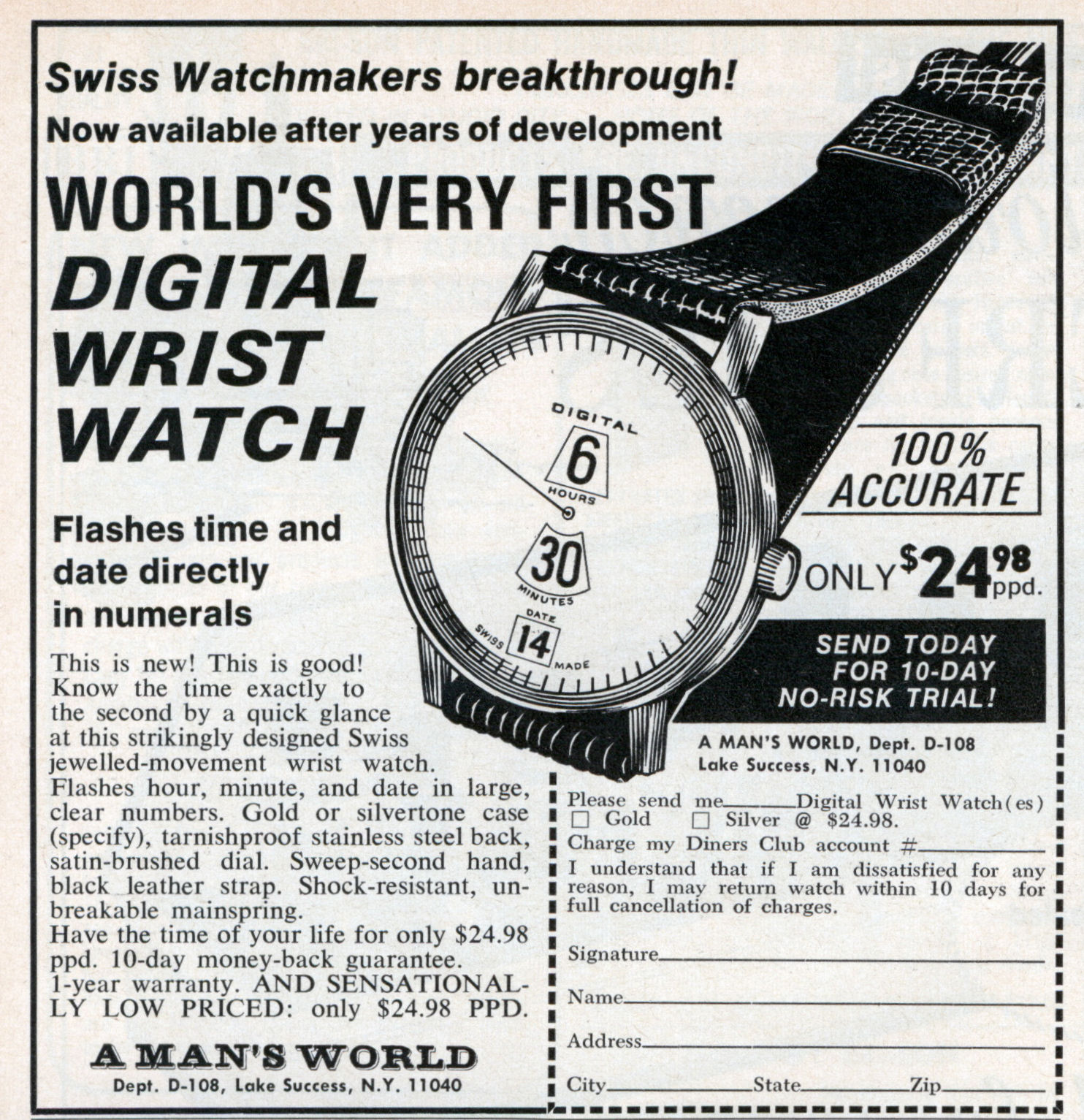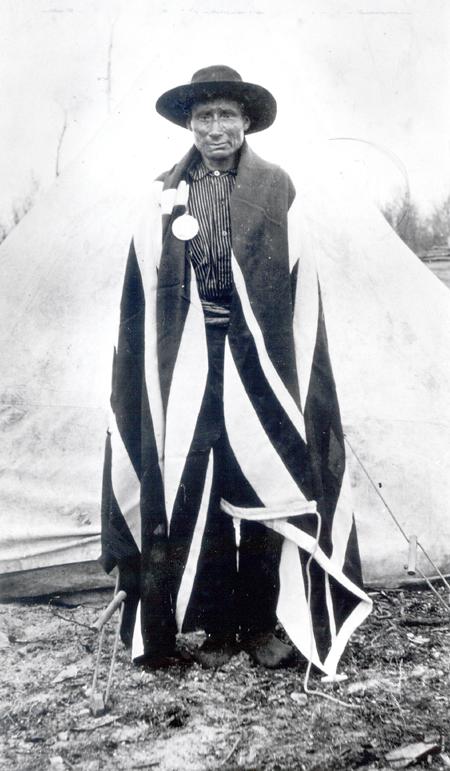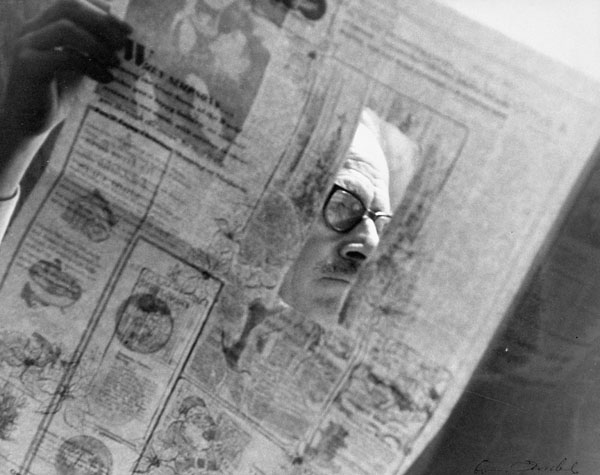Timothy Wu, the Columbia law professor who coined the term “net neutrality,” spoke on the topic with Nancy Scola of the Washington Post on the day President Obama strongly urged the FCC to treat the Internet as a public utility. An excerpt:
“Question:
Even if you accept that Title II reclassification has the clearest legal runway, the politics of it have always seemed especially tricky for the FCC.
Timothy Wu:
Oh yeah. The law’s not hard. The politics are hard.
Question:
So what does Obama’s statement do to the politics?
Timothy Wu:
The FCC was leaning toward a slightly more compromised approach, and I suppose having the White House do this could leave them feeling like they have no allies and are unwilling to act for a while. I imagine they’re not very happy over there.
Question:
Chairman Wheeler’s statement on Obama’s move actually, seemed, well, pretty sassy. It emphasized how the FCC is an independent agency…
Timothy Wu:
I think the FCC had settled, and may still be settled, on a different way of using Title II. And without the White House on its side and with Congress against it, they’re kind of in that middle of the road area where you get run over. Politically, they’re stranded right now, and I’m not sure what that means from them. Wheeler seems to be indicating that they’re going to push the hold button on net neutrality, which could be a disappointing outcome if that hold button stays there for a very long time.
Question:
Their argument seems to be that they haven’t developed the record to be able to defend a Title II-based approach in court. But Title II has been around for 80 years.
Timothy Wu:
‘We don’t have the record yet’ is agency-speak for, ‘we gotta figure out what to do next.’ They can act without the White House and without Congress, but no one one in Washington likes to go it alone. It’s very precarious.”




